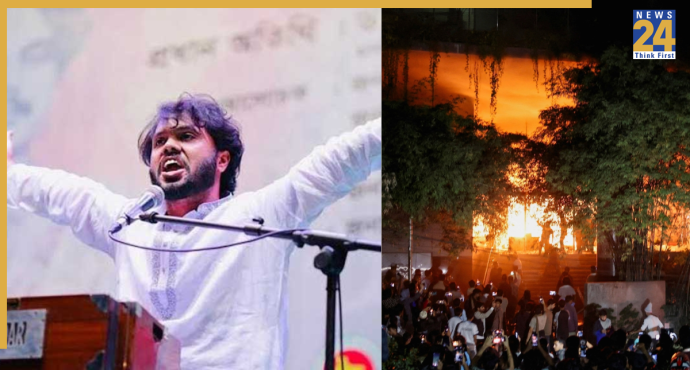New Delhi: Large Indian institutions are hesitant to handle direct rupee trade transactions with Russia months after the system was established out of concern that they would come under sanctions from the US and EU due to the invasion of Ukraine, sources said.
After the Reserve Bank of India (RBI) announced in July that it has set up an arrangement for foreign trade payments in Indian rupees with immediate effect, two smaller institutions have moved to embrace the system.
However, larger lenders who are more exposed to the dollar and the global financial system are concerned that sanctions may harm their operations.
In an effort to penalise Russia for invading Ukraine, Western sanctions are attempting to restrict Moscow’s access to foreign currency, particularly the dollar. India and Russia have strong commercial relations, and using the rupee instead of the dollar or the euro can facilitate transactions.
According to an Indian ambassador in Russia, eight sizable Indian equivalents had been contacted by Russian banks to set up rupee trade settlements, but the Indian banks had not reacted.
The largest lender in India, State Bank of India, is among these institutions, as are Punjab National Bank, Bank of India, Bank of Baroda, and Central Bank of India, according to the source. Emails sent to these banks requesting comment received none.
However, a number of bank sources privately acknowledged that they had chosen not to employ the structure, at least not right away.
One of them, a senior executive at a large state-owned bank, said using such a settlement mechanism could be a violation of some sanctions rules. “They (Western nations) can impose a sanction on us, it will be a major business and reputational loss,” said the banker.
The sources stated that although Indian banks continue to pay transactions in dollars or euros with non-sanctioned Russian firms, they think settlements in rupees may be subject to further scrutiny.
Another banker warned that the new settlements method would spark controversy in the West and result in penalties. The procedure of having them lifted might take months, and banks aren’t willing to take that chance, the person claimed.
Following the invasion of Ukraine, the United States placed sanctions on significant Russian banks, other institutions, President Vladimir Putin, and oligarchs. Anyone doing business with a sanctioned organisation may also be subject to penalties.
Another reason impeding Indian banks, according to a third source at a major bank in India, is the rouble’s lack of liquidity in comparison to the rupee’s greater liquidity, which makes it challenging to calculate an accurate rouble-rupee exchange rate.
The source questioned what Russian banks could do with a sum of rupees held in an account in India, even if they were able to overcome that obstacle. Indian banks were unable to provide a direct currency exchange due to their small rouble holdings.
Private lender Yes Bank and state-owned lender UCO Bank are the two smaller Indian banks that have begun the process of creating accounts to settle commerce with Russia in rupees.
According to the diplomatic source, Yes Bank has partnered with the PSCB bank in St. Petersburg. UCO Bank’s chief executive Soma Sankara Prasad told Reuters last month that the bank hopes to open a special rupee account for Russia’s Gazprombank as soon as it has received RBI approval.
Emails requesting comment from Yes Bank, UCO Bank, the Indian Banks’ Association, and the Indian finance ministry received no response.
Government statistics show that due to a sharp increase in oil purchases, India’s imports from Russia increased to $17.24 billion in the period from April to August of current fiscal year from roughly $3.2 billion the previous year.
India’s exports to Russia fell to $992.73 million from $1.31 billion during the same time last year, a decrease.













